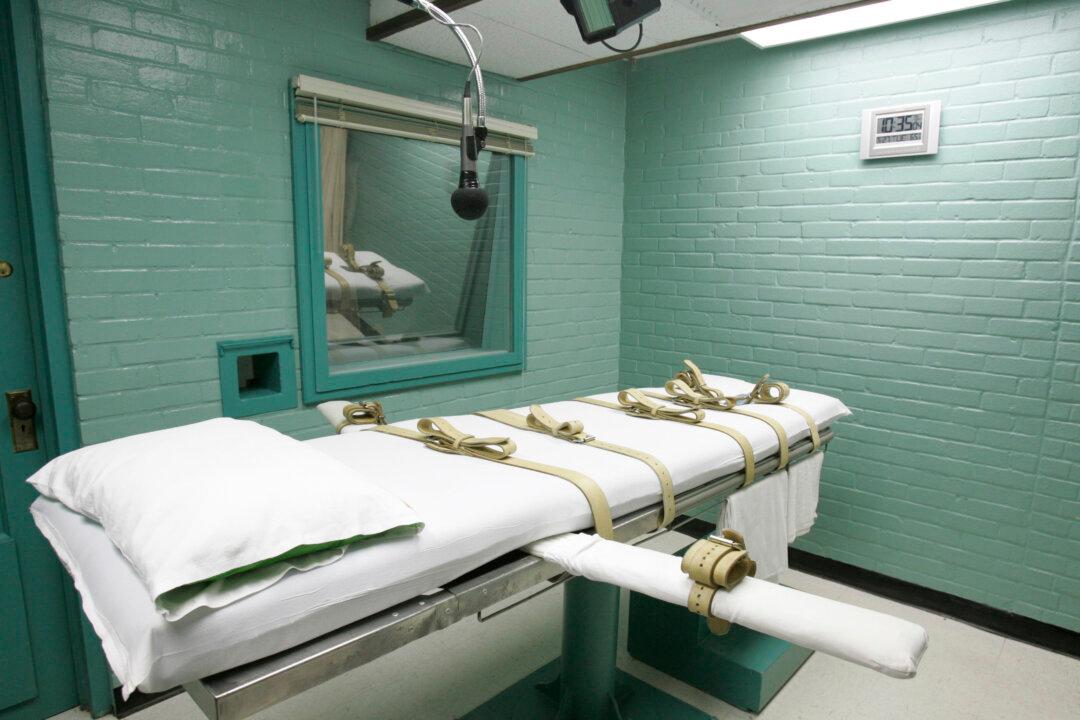A federal judge has ruled Alabama can proceed with the planned execution of an inmate using nitrogen gas later this month, despite objections from the man’s lawyers that the method is “cruel and experimental.”
In his ruling, filed on Jan. 10, Alabama District Judge R. Austin Huffaker rejected convicted murderer Kenneth Eugene Smith’s request for a preliminary injunction to stop his scheduled execution set for a thirty-hour time frame between Jan. 25 and Jan. 26. The ruling has given the state a green light to proceed, with what could become the nation’s first execution using nitrogen hypoxia.





